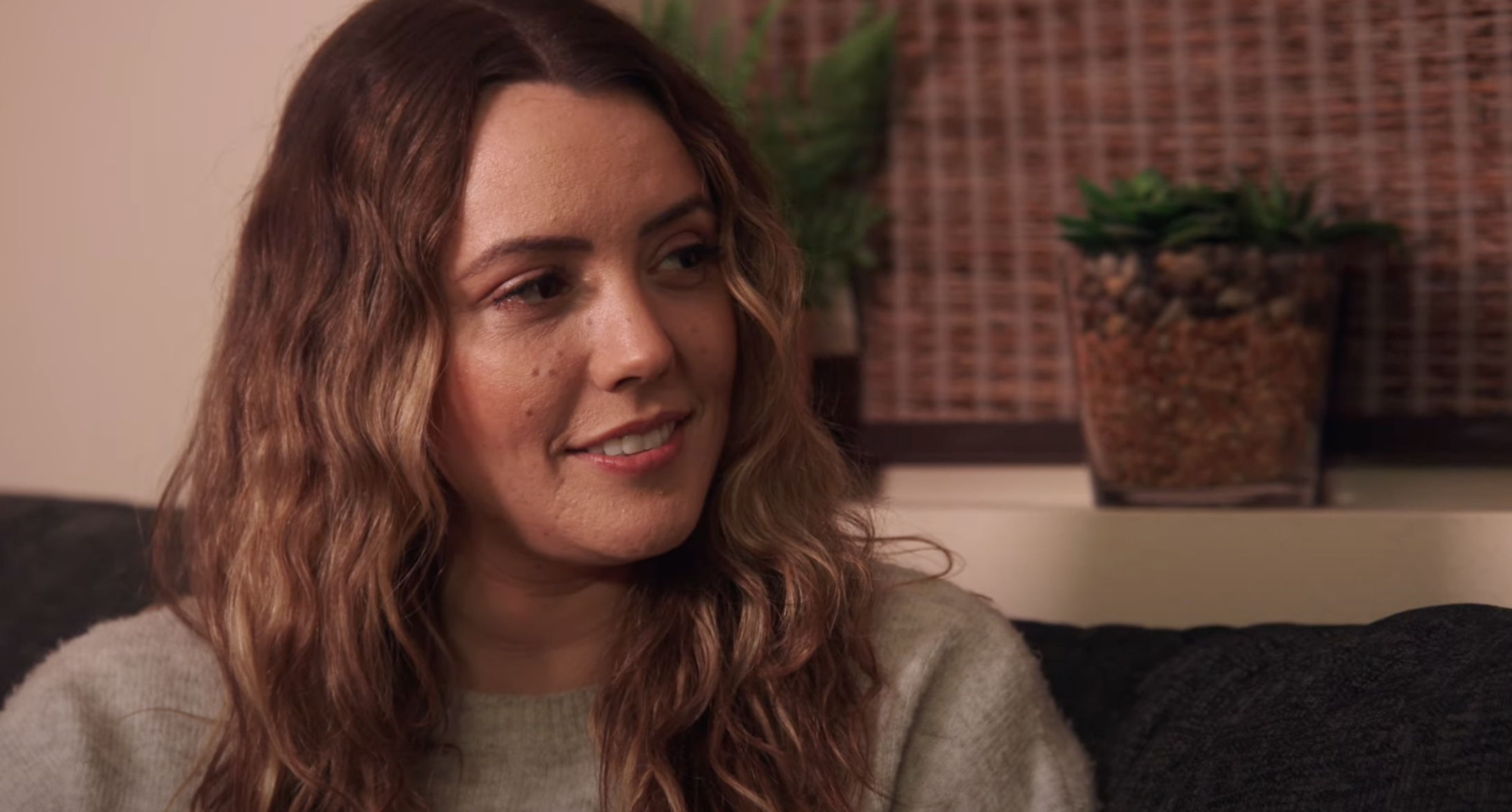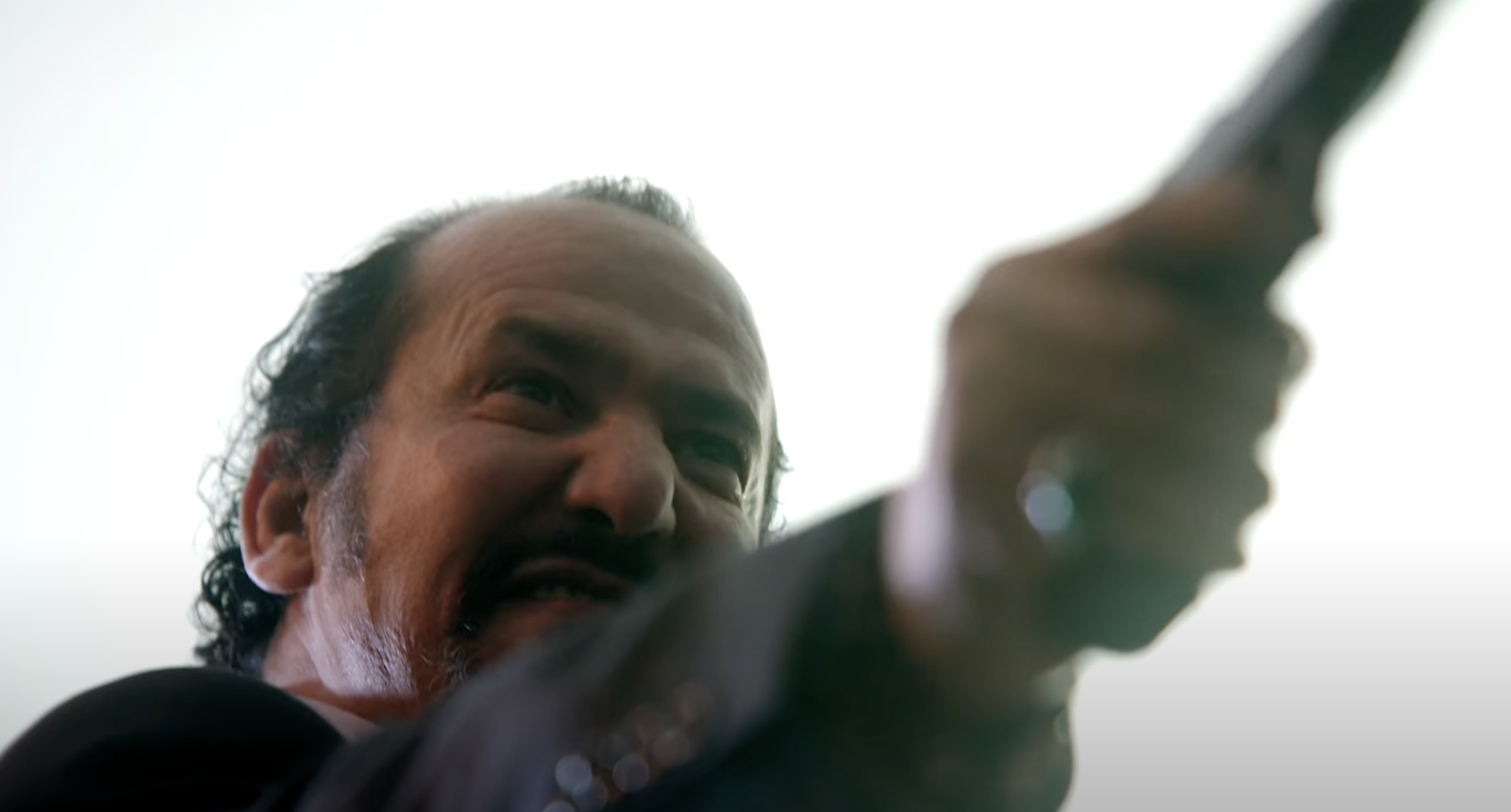Gregory Hatanaka’s Bad Timing is a gritty, low-budget crime thriller that mixes tense, single-location drama with flashes of raw emotion and surprising pathos. At just over an hour, it moves quickly but leaves a distinct aftertaste, part hostage story, part confession booth.
The film follows Sammy (Nino Cimino), a burned-out hitman who takes Marisa (Erin Whittaker) hostage after a job gone wrong. As the hours tick by, their uneasy standoff becomes less about survival and more about reckoning with guilt, betrayal, and the ghosts of bad choices. Lurking outside is Bruno (Luca Toumadi) and other angry associates, tightening the noose as the weekend spirals toward violence.
For a movie built around two people talking in a house, Bad Timing holds more tension than expected. Hatanaka and Cimino (who also wrote the screenplay) keep the conversations loaded with emotional barbs and unexpected reveals. There’s a strange intimacy to their exchanges, part threat, part therapy, that gives the film its pulse. The story’s stripped-down structure lets the performances and dialogue carry the weight, and when it works, it really works.
Cimino, as the haunted assassin, gives a rugged, weary performance that anchors the film. Whittaker matches him with quiet defiance, never turning Marisa into a helpless victim. The chemistry between them, wary, angry, occasionally sympathetic, is the movie’s best weapon.
Still, Bad Timing isn’t without flaws. The editing can feel choppy, the pacing occasionally stalls, and the dialogue sometimes slips into repetition. There are moments when the performances lose conviction, especially in quieter exchanges that need more nuance. The limited budget is obvious in the lighting and sound, and the camera work occasionally struggles to maintain visual interest within such a confined space.
And yet, for all its rough edges, there’s something oddly compelling about it. Hatanaka’s direction embraces the constraints. The close-quarters atmosphere builds a sense of claustrophobia, and the moral ambiguity keeps you guessing where it’ll land. Even the off-kilter “O Holy Night” needle drop near the end, as deranged as it seems, feels in tune with the film’s unpredictability.
Bad Timing may not be refined, but it’s rarely dull. It’s a scrappy, emotionally charged thriller that aims higher than its resources might allow, and more often than not, hits close to the mark.
Verdict: A flawed but fascinating indie crime drama that thrives on tension and emotional unease. It’s messy, yes, but it’s also bold enough to leave a mark.
Jessie Hobson





